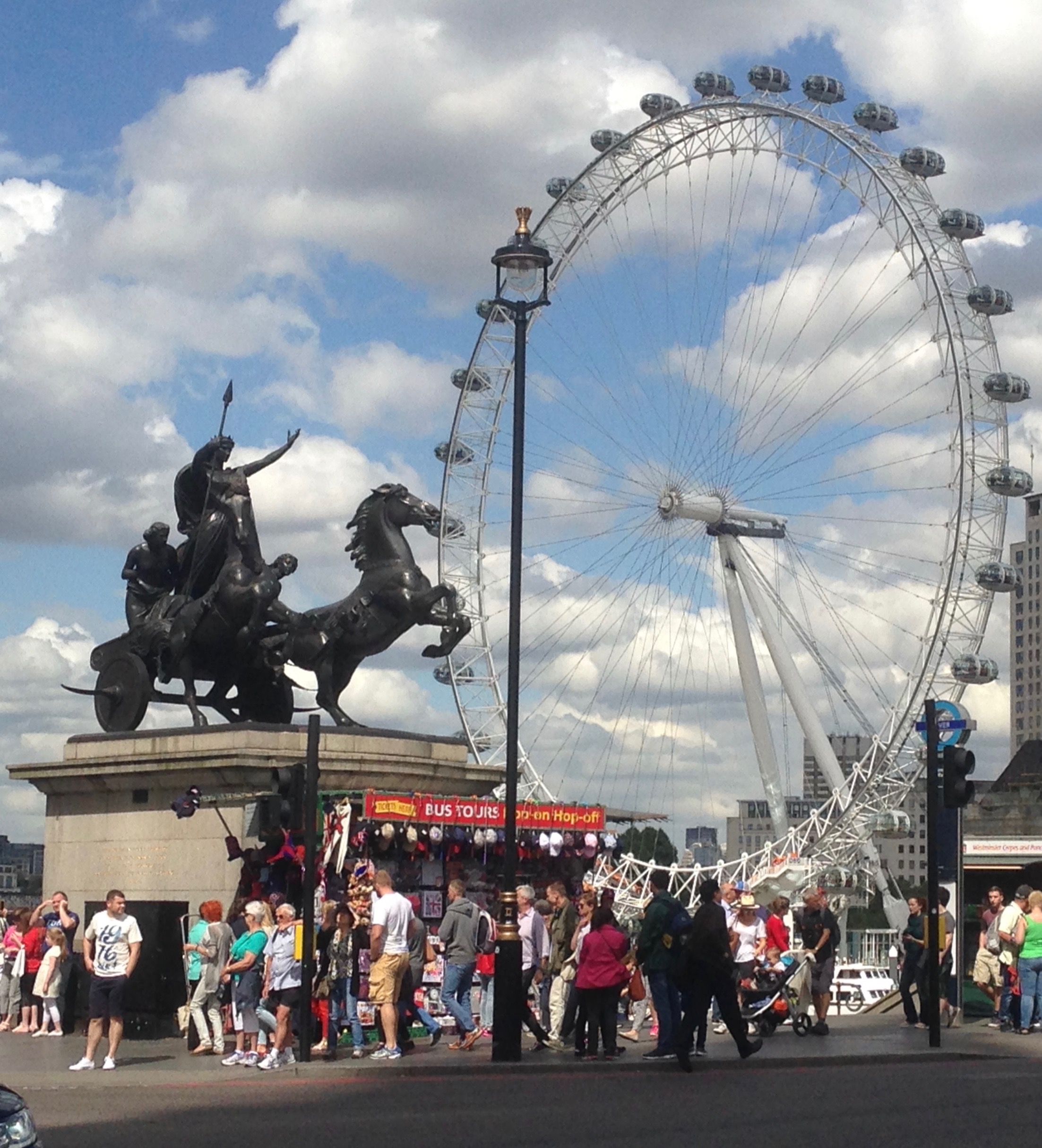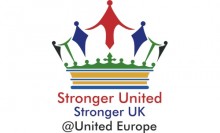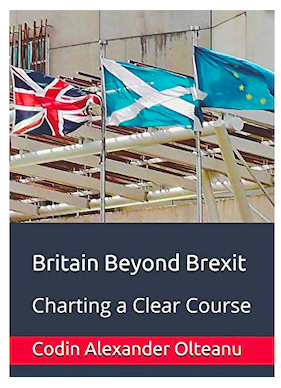Unity - From “Endpoint” to “Beginning”
This is perhaps the most difficult point to explain and persuade British voters to accept – because it has to do with an exceptionally slow and difficult historical process measured not in years, nor even decades, but in centuries and even millennia. It has to do with our ability, as individuals, to “enlarge our arc of caring” and to include among “Us” those until now considered different, foreign, “Other” – and towards whom we were not bound by the same affective or effective ties as towards “our kin”. It represents a complex and controversial problem whose detailed analysis is largely outside the ambit of our discussion. However, it looms large over it because the BREXIT Referendum is ultimately framed by this issue: can we, British citizens – English, Scots, Welsh and Irish as well as more recently arrived UK citizens from around the world – enlarge our arc of caring from our narrow ethnic, national and state boundaries and consider ourselves ALSO as European citizens, belonging to the same emerging European public space, and endowed with the same rights and responsibilities, liberties and duties?

Because if we can do so, then we will not fail to see that our duty as European citizens is NOT to leave the EU because it has not yet reached the degree of effectiveness and legitimacy we rightly expect of it, but to the contrary to implicate ourselves even more to ensure that such fundamental changes are carried out and implemented in a legitimate manner throughout all it 28 Member States. To do so, we have to be persuaded of the following four key facts:
- Winning the BREXIT Referendum is not the culmination, but only the first step of the radical re-formaton process we are about to engage in: the EU is an unfinished project that must be re-launched if it is to survive. The problems it faces are due to the fact that most other member states face the same reluctance and opposition from their governing élites to allow for the emergence of a truly European public space, and for fully legitimate, accountable and effective pan-European institutions. The crises of identity, of democracy, of legitimacy, of efficiency and of accountability we have discussed at the UK level exist also at the EU level and must be urgently addressed if the EU is to survive beyond the next decade.
- The EU must be reformed – but in the opposite direction from what Cameron is doing: David Cameron’s renegotiated terms undermine the EU instead of strengthen it. They represent not just a step back, but a real threat to its future existence. Our banking and financial system needs a EU-wide regulatory system to avoid a future disaster potentially bigger than the 2008 Financial Collapse; Britain benefits from a significant influx of young people from all over the EU that makes us the fastest-growing EU economy, and we have the responsibility to treat them equally and fairly, not to discriminate against them just because they cannot vote to re-elect the Tory party; “an ever closer union of peoples” in Europe refers exactly to enlarging our arc of caring beyond our borders that we have found so critical for the revitalisation of the EU; security and defence can no longer be exclusively national, as both the Paris events and the recent commentaries of the UK Chiefs of Staff and even of those of David Cameron about the urgent need for a pan-European, comprehensive effort to stem terrorism both at home and at source have shown; and the European Parliament must become more autonomous, accountable, effective, legitimate, and responsible – and not a legislature just in name only.
- We must coordinate all levels of government to ensure they all work effectively and legitimately, efficiently and accountably, for the benefit of us all: reflexive, interacting, adaptable, benchmarking, learning institutions of governance at all levels – European, National, regional, local are indispensable for the recalibration of the European system of governance and its successful transition from a Sovereignty paradigm to the Connexity Era. Knowledge, presence, access – not ignorance, absence, exclusion are the key words of the future. We face here a difficult triple task: of design, of implementation, but also –and perhaps most importantly – of imagination: how do we explain in simple but not simplistic terms to the vast majority of EU citizens across 28 member states what the Connexity Era looks like and persuade them to join us in the effort to bring it about? Only by including and implicating them gradually in an active participation at various levels of decision-making will a truly pan-European public sphere emerge – and with it, a truly new system of continental governance.
- Britain’s historic mission is to persuade all of the EU to sign up to this new Magna Carta: the only way to truly win the BREXIT Referendum is to keep up the work in the days, months and years to come after the BREXIT vote and to carry out the same mission of persuasion on the Continent. The EU needs to draw on the principles and values embodied in the Magna Carta and adapt them to the modern European ecosystem–not re-create its actual feudal institutions of power with powerful local barons and a weak king (Donald Tusk!), as David Cameron is now trying to do. The UK was the very first democratic union of European nations respectful of the rule of law, human rights, and separation of powers; to survive in the 21st Century, it is its duty to ensure that it guides the EU to head in that direction – A Stronger UK in a United Europe.

